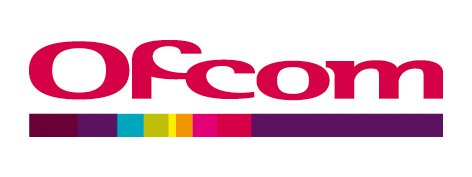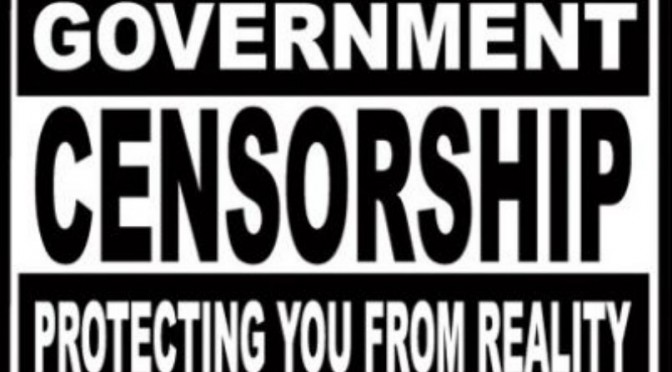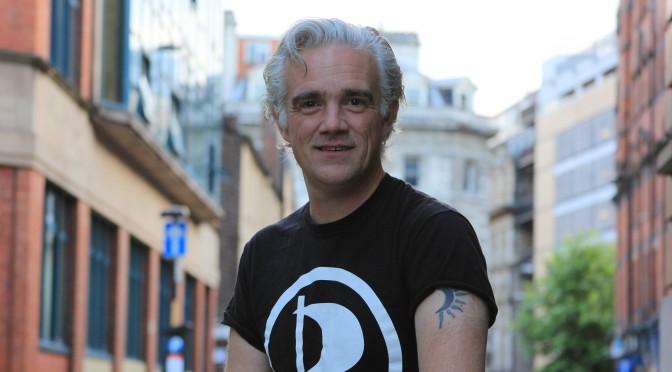Yesterday, the UK government released the result of its consultation into (yet again) protecting children from online pornography. Predictably, the finding was that children DO need even more protection, and so Ofcom must be granted additional powers to censor online content.
This process has been so long and treacle-slow that it’s been clear for many years where it is leading. Stripping away the various convoluted steps that brought us here, one simple fact has always been obvious: Ofcom and the government were always going to act against a free Internet which undermined their powerful censorship controls over the mass media, and especially over sexual content.
So what will the new law – the Digital Economy Bill – say? It cements and the significantly extends the existing AVMS regulations which have been in place since 2010. So, as before, adult video-on-demand sites based in the UK are required to verify the ages of their visitors before revealing adult content to them. Failure to do so can (as before) result in a fine of up to £250,000. This regulation is the reason the UK adult industry has been decimated in the past few years.
Here’s the new stuff:
- The law no longer applies to “TV-like” video-on-demand services, but to all content, including still photography. This will close the loophole which a handful of websites have used to evade the regulations.
- Apps are to be included as well as websites.
- Ofcom will put pressure on payment companies as well as “advertising companies, web hosting services and others” to ensure that “the business models and profits of companies that do not comply with the new regulations can be undermined”. This enables Ofcom to target overseas content that breaches UK regulations.
Note the vagueness in this last point: this could easily include, in future, requiring ISPs to block services. So here is the law that I’ve warned of for some years: one that will allow Ofcom to manage – and close – our digital borders. The great firewall of Britain is coming.
Unless I’ve missed it, I can’t find any definition of “porn” in the report. The consultation hinted that soft content – non-explicit nudity and erotica – may be included, at Ofcom’s discretion.
It’s Not About Porn
Here’s a point I’ve made repeatedly. In my book Porn Panic!, I argue that the war on porn has been merely a symptom of a deeper intolerance to free speech that has long been rising in British society. Ofcom will not, of course, stop at targeting commercial porn sites, or even all sexual content. The British state considers myriad forms of content to be unsuitable for under-18s, and will now grant itself the powers to deal with it.
Brexit
And finally, a note on Brexit. It is likely that “undermining” (i.e. blocking or forcing to close) a legal, EU-based adult service would breach EU trade regulations. Sadly, should we leave the EU (as looks likely), we lose any legal recourse against this rising state censorship. Here, as in so many other ways, the EU has protected the British people against the excesses of our own government. Just as we will lose the free movement of people across borders, so we are beginning to lose the free transmission of information across borders.


